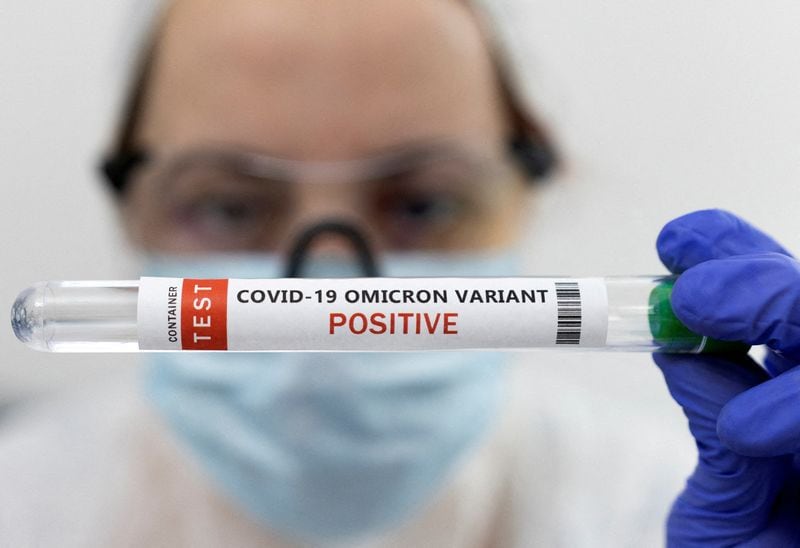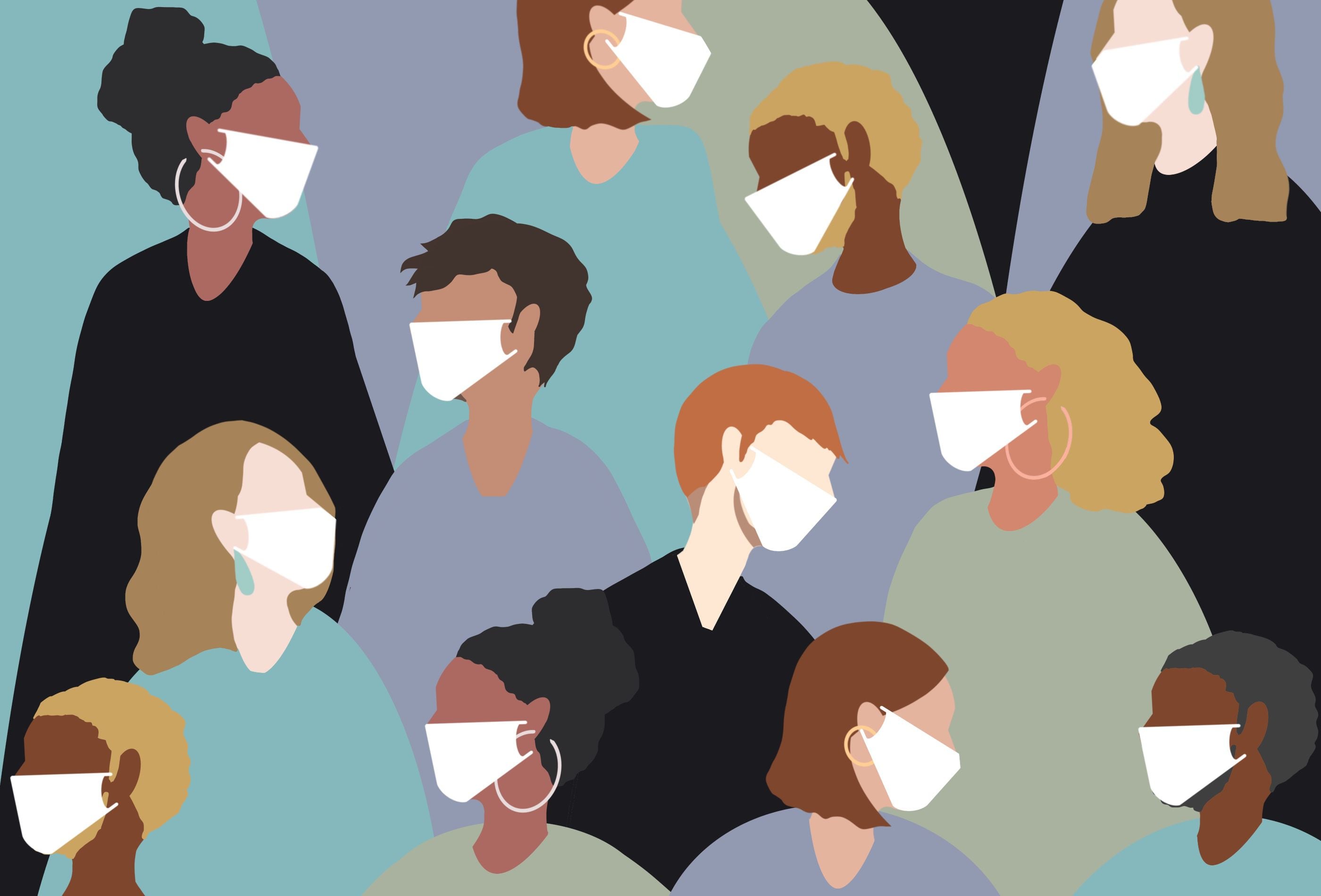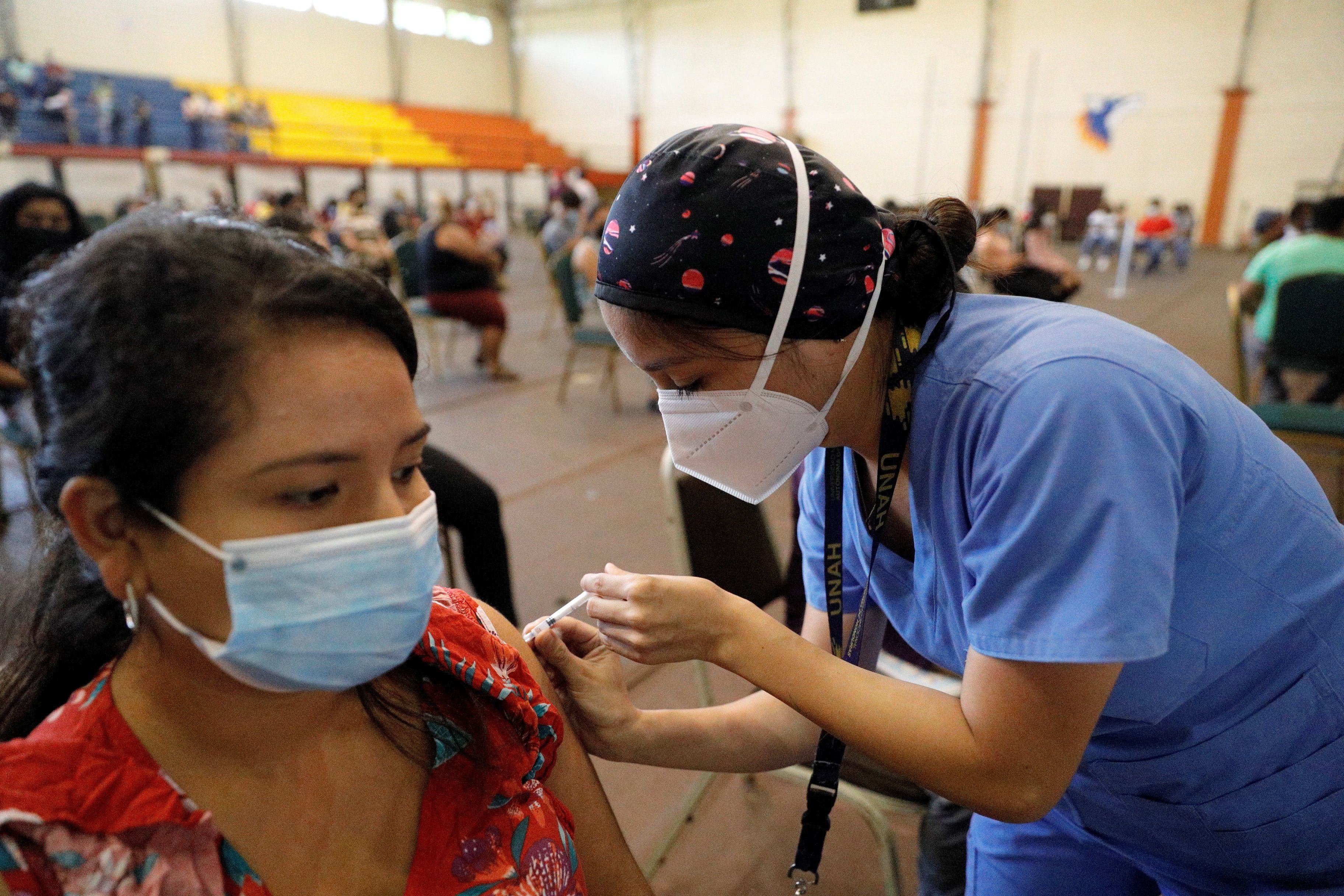:quality(85)/cloudfront-us-east-1.images.arcpublishing.com/infobae/7X3P75WARREIRA3ZZUK3BSCG2M.jpg 420w)
The defenses to fight COVID-19 have been sustained since the beginning of the pandemic, always on how the body can repel SARS-CoV-2 through its own antibodies, whether these are generated by vaccines or by having been in contact with the virus.
But health experts have long been hypothesizing that this pillar has another edge: cellular immunity, related to T-lymphocytes.
And why are these agents important? Cells called T-lymphocytes are responsible for killing cells infected by the virus. T cells also collaborate with other cells, B cells, to differentiate into antibody-producing plasma cells. These processes are part of a type of immune system response.
Early in the pandemic, a group of scientists in the United States found that T-memory can recognize the novel coronavirus that causes COVID-19 disease as it has fragments common with other viruses that cause colds. This research - which was led by Dr. Daniela Weiskopf and Alessandro Sette, from the La Jolla Institute of Immunology and published in the journal Science - explains why some people suffer from milder cases of COVID -19 than others.

Two years later, but still in a pandemic, in Madrid they seek to advance these studies, and that is why they are going to carry out research on this cellular immunity and the coronavirus, the first to be done in the world. They will take advantage of the new Serovigilance Survey in the Community of Madrid, a comprehensive analysis that studies the immune status of the population aged between 2 and 80 years, against infections that are of interest to health in society and that are relevant at the present time.
Specifically, the survey will analyze the prevalence — number of cases among a given population — and the degree of protection, with detection of antibodies, for vaccinable diseases such as measles, rubella, mumps, chickenpox, whooping cough and hepatitis B. They will also estimate the fraction not diagnosed at the population level. against hepatitis C and HIV virus infection. It will be the first study on this field to be carried out in the region, in Spain and in the world, according to the scientists who carry out the work.
Degree of protection

The Director General of Public Health of Spain, Elena Andradas, always believed that cellular immunity against this virus played a very important role in protection: “This survey will allow us to carry out the first population-level study to estimate the degree of protection against the COVID-19 virus,” she told Spanish media.
Why has this study not been carried out before in the world? “Until now, there have not been sufficiently validated techniques that would allow us to approximate the role of cellular immunity in relation to protection against coronavirus. Now, since February, through the advisors of the Spanish Association of Immunology, there has been a technique that can be used to study that degree of response to cellular immunity among the population of Madrid”, explained the specialist.
In the coming weeks, the study will be launched and will be extended to some 4,000 people of different ages, sex and socio-economic status. To achieve this, the collaboration of health professionals from the blood collection points of 70 health centers in the Community of Madrid will be collaborated.

Health officials are convinced of the absolutely undisputed role of the coronavirus vaccine. This is stated by Andradas, who recalls that the coverage of the complete vaccination schedule in the population aged 12 and over in the Madrid Community is around 93 percent, while the third dose already covers 95 percent of those over 70 years old and 85 percent of those aged 60 to 69.
“The vaccine defends has been shown to be safe, effective and effective. In addition, over these two years, two million people in the Community of Madrid have been diagnosed as cases of Covid-19. In addition to both factors, vaccinated and infected, it is practically a third of the population of the Community”, he stressed. Now, studying the role of cellular immunity will add another element to this equation.
So far, seven coronaviruses have been described that may have some pathogenic potential in humans: the novel coronavirus (SARS-CoV-2), two associated with outbreaks in 2003 (SARS-CoV-1) or 2012 (MERS), and four associated with the common cold (229E, NL63, OC43 and HKU1). The scientific community has debated the implications of cellular immunity against other coronaviruses during these months of pandemic advancement and vaccine development. “Although it is not known for certain, there has been speculation that such immunity can have both positive and negative consequences.
For example, in the best-case scenario, it is possible that the memory of T-cells or pre-existing immunity against other coronaviruses will allow a much more efficient and rapid response to the new coronavirus to be mounted. Therefore, it would make it possible to limit the duration of infection and prevent people from getting sick. On the other hand, there is also the possibility that immunity against other coronaviruses will affect the outcome of infection and harm individuals with a less efficient response, experts estimate.
KEEP READING:
